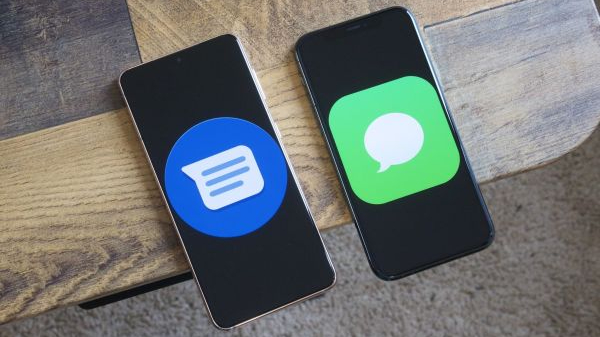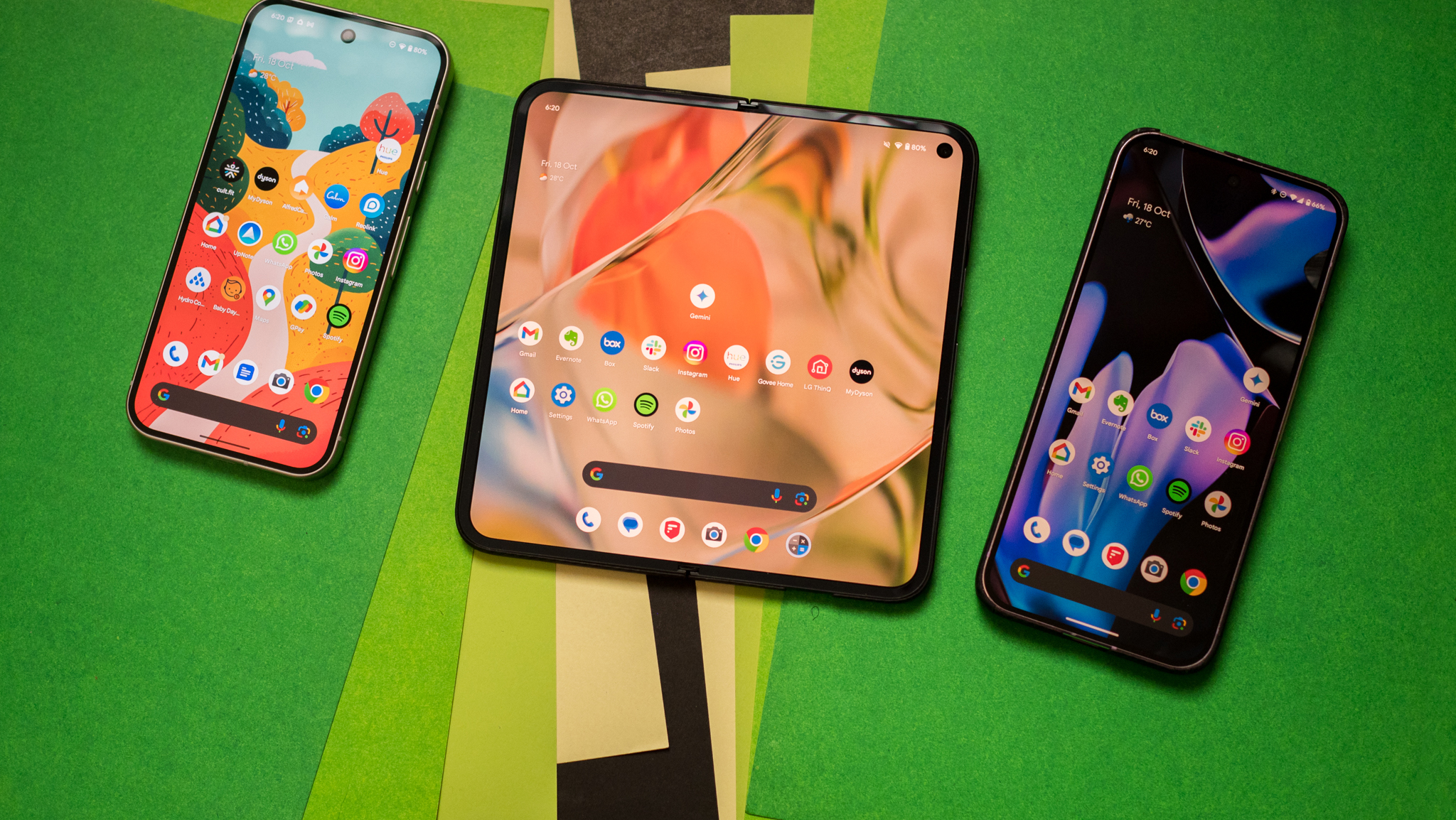Google pressures Apple to stop being stubborn and adopt RCS — and you can join in
Google really really really really wants RCS on iMessage.

What you need to know
- Google has started a new campaign to pressure Apple into adopting RCS.
- A page on Google's Android website lists all the reasons why Apple should support RCS on iMessage.
- Google has been public about Apple's lack of support, while Apple has stayed mostly silent on the matter.
Google has not been shy about wanting Apple to adopt RCS on the iPhone, and its latest campaign is perhaps the company's loudest attempt at pressuring Cupertino to do just that.
Google's new "Get the Message" campaign consists of a page on the company's Android website listing all the reasons why Apple should "fix texting" by supporting RCS in iMessage. It points out how Apple's reliance on outdated SMS and MMS when texting non-Apple devices leads to a series of problems, not only for Android phones but iPhone users as well.
This includes low-quality media, group chat incompatibilities, the inability to send messages over Wi-Fi, and the lack of read receipts, typing indicators, and end-to-end encryption. Google even goes so far as to say that Apple's green bubbles are hard to read.
Google points to several articles and examples on social media expressing frustration over Apple's lack of support.
It's definitely a story we've all heard before and likely one we'll continue to hear for some time: messaging between Android and iOS is a bit of a mess. And as much as we would all like to imagine a world where iMessage came to Android, that will never happen, so we have to settle for RCS coming to iMessage. But even that seems unlikely, and this isn't the first time Google has publicly called out Apple.
Apple’s iMessage lock-in is a documented strategy. Using peer pressure and bullying as a way to sell products is disingenuous for a company that has humanity and equity as a core part of its marketing. The standards exist today to fix this. https://t.co/MiQqMUOrgnJanuary 8, 2022
Google has tried to mitigate the messy texting situation with RCS, which sports many of the features iMessage users are used to. The company even introduced a way to translate reaction emojis across platforms, so Android users no longer receive a "Nick liked an image" message. Google has also been rolling out new Google Photos integration to send videos without any of the expected quality loss. And Google is also working on expanding its end-to-end encryption to support group chats in Google Messages. However, Google's efforts are pretty one-sided, at least until Apple adopts RCS in iMessage.
It also doesn't help that Google's messaging around messaging has been confusing, to say the least. However, there are signs that the company is now trying to clean up its act by shedding its superfluous messaging apps.
Be an expert in 5 minutes
Get the latest news from Android Central, your trusted companion in the world of Android
That said, Apple seems pretty content with not supporting RCS and has remained mostly silent on the matter. Court documents revealed that company executives saw iMessage as a big way to lock customers into the platform, so extending any additional support for Android was essentially a no-go.
So, while it seems unlikely that Apple will bring RCS support any time soon, at least no one can say it's due to a lack of effort on Google's part.
Meanwhile, you can head over to the "Get the Message" website to share Google's message on your Twitter account, complete with the #GetTheMessage hashtag.

Derrek is the managing editor of Android Central, helping to guide the site's editorial content and direction to reach and resonate with readers, old and new, who are just as passionate about tech as we are. He's been obsessed with mobile technology since he was 12, when he discovered the Nokia N90, and his love of flip phones and new form factors continues to this day. As a fitness enthusiast, he has always been curious about the intersection of tech and fitness. When he's not working, he's probably working out.
